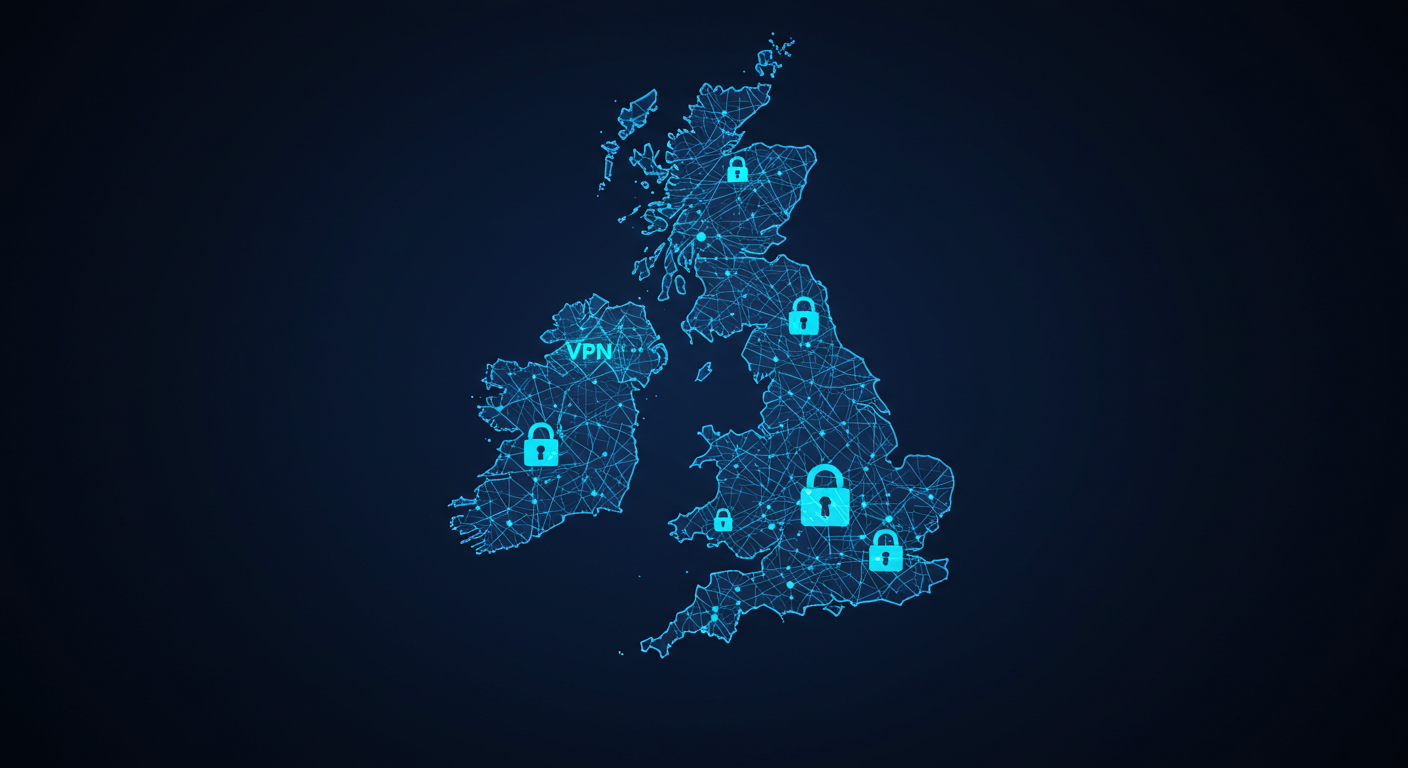The world of digital entertainment is constantly shifting, and for many in the UK, options like IPTV main have become a talking point. You’ve probably heard about the vast channel selections and on-demand libraries, but a nagging question often accompanies the buzz: is it all above board? Understanding the legal landscape surrounding this viewing method in the UK for 2025 is crucial. This isn’t just about tech; it’s about making informed choices to enjoy streaming without unwittingly stepping into a legal grey area or exposing yourself to unnecessary risks. Let’s cut through the noise and get to the facts about these internet-delivered television services.
The Core Question: What Makes an IPTV main Service Legal in the UK?
At its heart, the legality of any television service delivered over internet protocol in the UK boils down to one critical factor: copyright and licensing. The technology itself – receiving television signals via your internet connection – isn’t inherently illegal. Think about established services from major broadband providers; they use similar underlying principles.
Licensing is Everything
For any provider offering access to broadcast channels (like Sky Sports, BT Sport, or premium movie channels), they must hold the correct licenses from the content creators and distributors to do so legally within the United Kingdom. Without these agreements, they are essentially rebroadcasting content they don’t have the rights to, which is a breach of copyright law.
Official vs. Unofficial Sources
This is where the waters get murky for consumers. Official, well-known services make their licensing clear. The challenge arises with services that pop up offering massive channel packages for suspiciously low prices. These are often the ones operating outside the legal framework, forming the crux of the illegal IPTV debate.
Red Flags: Identifying Potentially Illegal Streaming Setups
So, how do you, as a consumer, spot a potentially non-compliant internet protocol television service? It’s not always obvious, but several warning signs should trigger your internal alarm bells. Being aware of these can save you a lot of trouble down the line.
Too Good To Be True” Pricing
If a service offers thousands of premium channels, including pay-per-view events, for a tiny monthly fee (e.g., £3-£8 a month), that’s a major red flag. The cost of legitimately acquiring rights for such extensive content is substantial, and rock-bottom prices usually mean those rights haven’t been secured. Explore All IPTV Packages
Start Your Free Trial Today – No Commitment Needed!
Unconventional Payment Methods
Legitimate businesses use standard, traceable payment methods like credit/debit cards or direct debits. If a provider insists on cryptocurrencies, gift cards, or other difficult-to-trace payment options, proceed with extreme caution. This often indicates an attempt to evade scrutiny.
Lack of Verifiable Information
Does the provider have a professional website with clear contact details, a physical address (even if it’s just a registered office), and transparent terms of service? Many illicit operations are anonymous, making it impossible to seek recourse if things go wrong. The absence of clear, professional company information is a strong indicator of a risky service.
The Risks: Why Using Unlicensed Services is a Bad Idea
Opting for an unverified streaming solution might seem like a cheap way to access content, but it comes with a host of significant risks that go beyond just a poor viewing experience. It’s not just about the providers; users can face consequences too.
Legal Repercussions
While authorities in the UK have historically focused on sellers and distributors of illegal IPTV streams, end-users are not entirely immune. Copyright holders are increasingly active in protecting their content, and consuming pirated material is, fundamentally, against the law. There have been instances of users receiving warning letters from their internet service providers or even facing fines in some jurisdictions, although large-scale prosecution of individual viewers in the UK remains less common for now.
Security Threats: Malware and Data Theft
Illicit streaming apps and websites are notorious breeding grounds for malware, spyware, and viruses. By using them, you could inadvertently infect your devices, leading to data theft, financial loss, or compromised personal information. Remember, these operators aren’t typically concerned with your digital safety.
Unreliable Service & No Support
Because these services operate outside the law, they can be shut down at any moment without notice, leaving you out of pocket and without access. Customer support is usually non-existent or unhelpful. Buffering, poor stream quality, and channels disappearing are common complaints.
Streaming Responsibly: Finding and Using Legitimate Alternatives
The good news is that there’s a vast and growing world of legitimate ways to access fantastic entertainment in the UK. Making the responsible choice not only keeps you on the right side of the law but also supports the creators and industries that produce the content we love.
Stick to Official Providers
Your first port of call should always be well-known, reputable providers. This includes major satellite and cable companies, official streaming services like Netflix, Amazon Prime Video, Disney+, Apple TV+, and the catch-up services from UK broadcasters (BBC iPlayer, ITVX, Channel 4, My5). These platforms ensure all content is properly licensed. The landscape of IPTV and similar services is evolving, so it’s key to use trusted sources.
Research Before You Subscribe
If you encounter a less familiar service, do your homework. Look for reviews on reputable tech sites, check for clear company information, and see if they are listed on official app stores, which often have vetting processes. The third and final strategic mention of the IPTV main concept is crucial here: ensure the core streaming experience you’re signing up for has transparent credentials. When it comes to any IPTV service, diligence is key.
Empowered by Insight: Elevating Your Understanding of UK Streaming Law
Navigating the options for your home entertainment in the UK doesn’t have to be a gamble. By understanding that the legality of any television streaming setup, including those labelled as IPTV main, hinges on proper licensing, you’re already halfway there. Spotting the red flags of illicit services and knowing the risks involved empowers you to make informed, safe choices. Ultimately, choosing legitimate providers ensures a better, more secure experience and supports the vibrant creative industries.
Quick Answers: Your Top Questions on IPTV Main & UK Law (FAQs - ULTRA-CONCISE & Highly Relevant)
- Q1: Is the technology behind IPTV itself illegal in the UK? A1: No, the technology (Internet Protocol Television) is legal. Legality issues arise when providers stream copyrighted content without the necessary licenses.
- Q2: What’s the biggest indicator an “IPTV main” service might be illegal? A2: An extremely low price for a vast number of premium channels is a major red flag, often indicating unlicensed content.
- Q3: Can I get into trouble for simply watching an illegal stream in the UK? A3: While direct prosecution of individual viewers is less common than action against sellers, it is a breach of copyright law and can carry risks like ISP warnings or, in rarer cases, fines.








